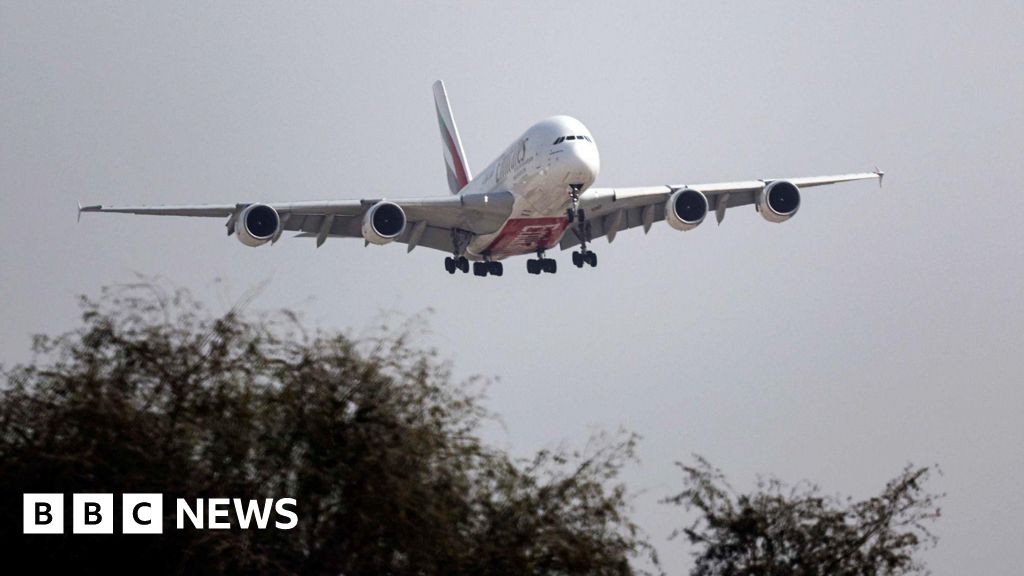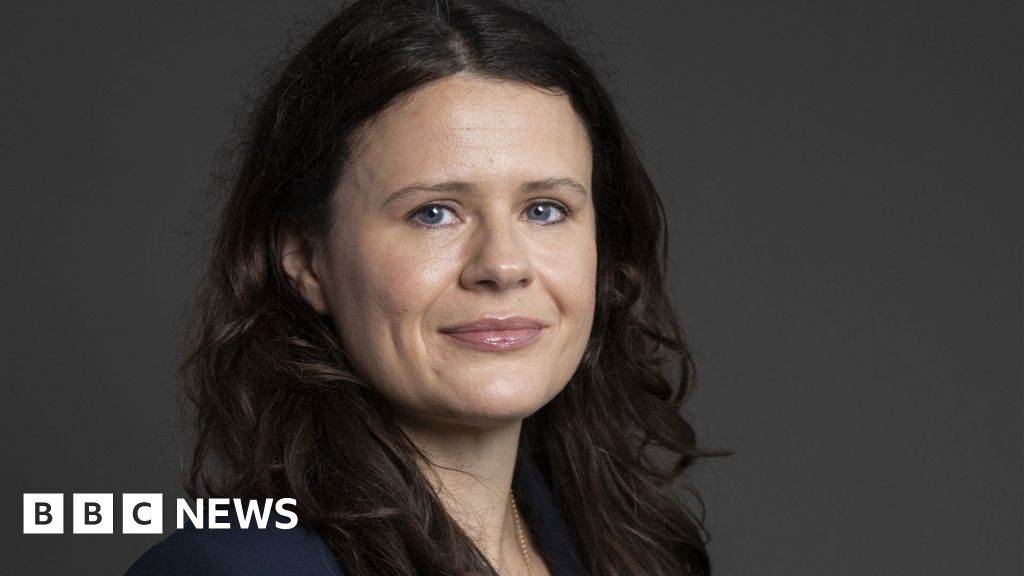
The Constitutional Court in Johannesburg.
Deaan Vivier/Netwerk24/Gallo Images/Getty Images
- In 2023, the High Court found that the UIF Act and the Basic Conditions of Employment Act were inconsistent with the Constitution and therefore invalid.
- The Constitutional Court confirmed the ruling on Friday.
- It gave Parliament 36 months to rectify the legislation and in the interim ruled parents could share four months and ten days of parental leave between them.
The Constitutional Court has given the thumbs-up to a groundbreaking 2023 High Court judgment allowing two parents to share the maternity leave that was previously reserved for biological mothers.
In October 2023, the Gauteng High Court in Johannesburg found that by providing for four months of maternity leave and just 10 days of paternity leave, the Basic Conditions of Employment Act (BCEA) unfairly discriminated between mothers and fathers, and was unconstitutional and invalid.
The High Court’s ruling then came before the apex court for confirmation.
And in a judgment handed down on Friday, the Constitutional Court upheld it.
The case was brought by Limpopo couple Werner and Ika van Wyk, after the birth of their son, James, in April 2021.
READ | Constitutional Court rules husbands can now legally take wives’ surnames
Ika runs two small businesses which would not trade if she took four months off and so they decided that Werner – who held a high-ranking position at one of the country’s leading financial services providers at the time – would be the primary caregiver and apply for the equivalent of maternity leave instead.
But his application was rejected because, as a father, he was only entitled to 10 days of “parental leave”, and he instead wound up having to take two months of annual leave and four months of unpaid leave.
In the High Court, Gauteng Deputy Judge President Roland Sutherland found that the BCEA – as well as the corresponding sections of the Unemployment Insurance Fund (UIF) Act – did not align with the rights to dignity and equality and unfairly discriminated between mothers and fathers.
He also found the legislation unfairly discriminated against different types of parents whose children were conceived via surrogacy or adopted, by only providing for 10 weeks off for one parent and 10 days for the other. However, he stopped short of finding that provisions that only provided for guaranteed parental leave for parents who had adopted a child under the age of two-years-old, were equally discriminatory.
The Constitutional Court by-and-large agreed with the High Court.
It said in a unanimous judgment, penned by Justice Zukisa Tshiqi:
The protection of birth mothers to the exclusion of other parents has the unfortunate consequence of perpetuating the assumption that women are and should be the primary caregivers of children. The father is marginalised and deprived of the opportunity to involve himself as a parent in the upbringing of the baby during the early stages of life.
“The parents are also deprived of the choice to structure their child-nurturing responsibilities rather than being assigned caregiving and parental responsibilities based on their gender. The provisions are also discriminatory to adoptive parents and parents in surrogate arrangements.”
While the Constitutional Court accepted that “there are health considerations during which the mother has to be confined before birth and afterwards for recovery purposes”, Tshiqi said “it cannot be gainsaid that there is also a period for nurturing”.
“In respect of other categories, there is an inadequate period set aside for the purposes of nurturing,” she added.
The Constitutional Court differed from the High Court, however, in finding that capping the age of an adopted child in respect of which parents were entitled to leave was also unfairly discriminatory.
READ MORE | Stellenbosch wine farm ordered to pay R800 000 to employee it fired when she gave birth to baby
“I accept that the primary focus of granting leave after a family has acquired a child, either through birth or other means, is nurturing. However, adjustment to a new environment is also very important and although it is not the primary focus of the legislation, it cannot be excluded,” Tshiqi’s ruling reads.
The Constitutional Court has given Parliament 36 months to rectify the legislation.
In the interim, it has effected a reading-in in the BCEA, to the effect that the four months and 10 days that were previously afforded to two parents cumulatively, should be shared between them.
It, however, declined to effect a similar reading-in in the UIF Act, saying it did “not have sufficient information at its disposal regarding how the benefits in the corresponding provisions of the UIF Act are calculated” and that it was “preferable for the law-maker to decide the extent of UIF benefits to be conferred on employed parents in a non-discriminatory manner”.
ALSO READ | Ramaphosa hails 30 years of the Constitutional Court in world with human rights under threat
The apex court did however order that the minister of labour and employment provide a report “as to whether remedial legislation in respect of the BCEA and the UIF Act has been brought into operation” by no later than six months before the 36-month deadline was up.
Despite having opposed the case when it was before the High Court, the minister agreed to abide by the Constitutional Court’s decision – conceding during the proceedings that the legislation was, indeed, discriminatory and that reform was necessary.
 (1).png)
 5 months ago
17
5 months ago
17

















